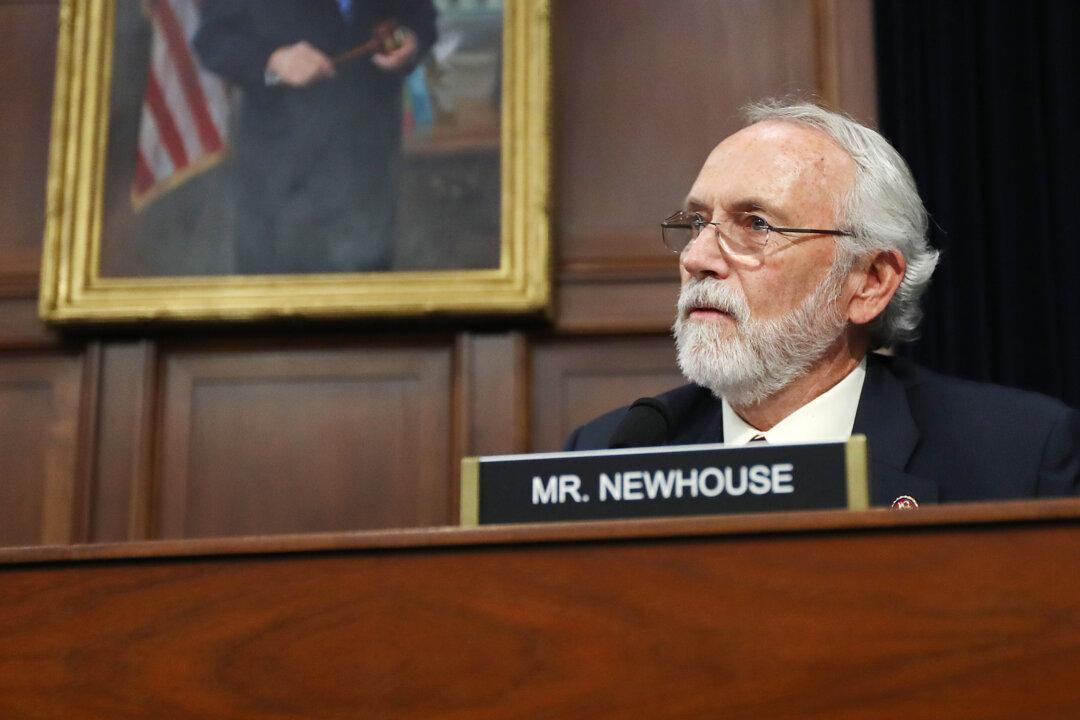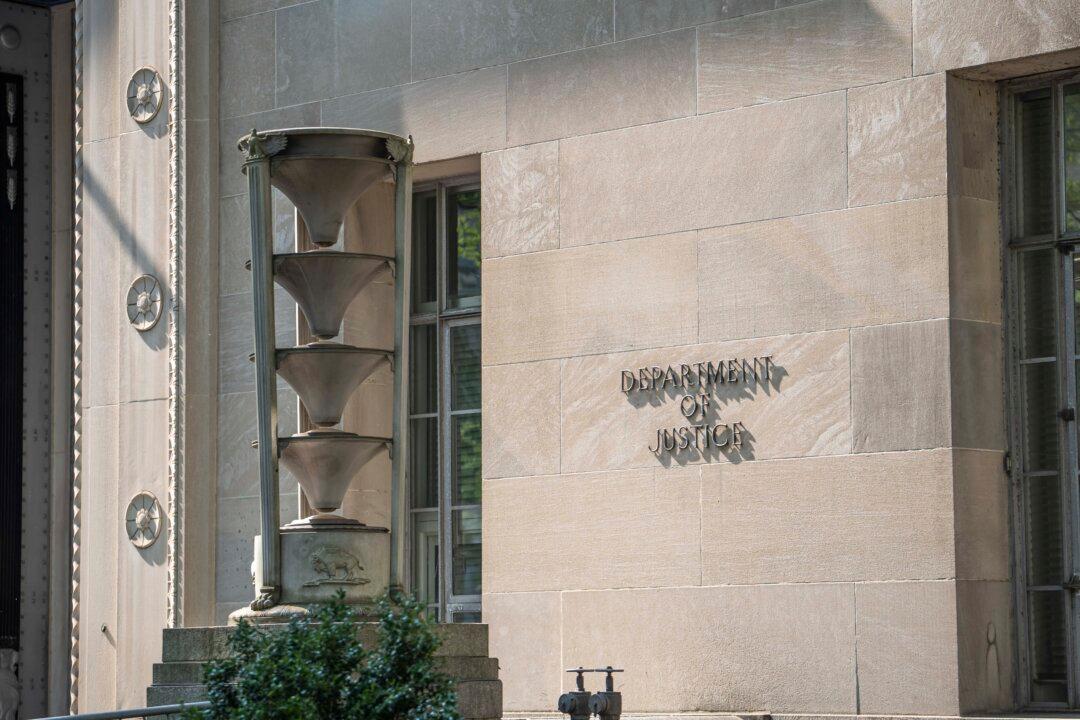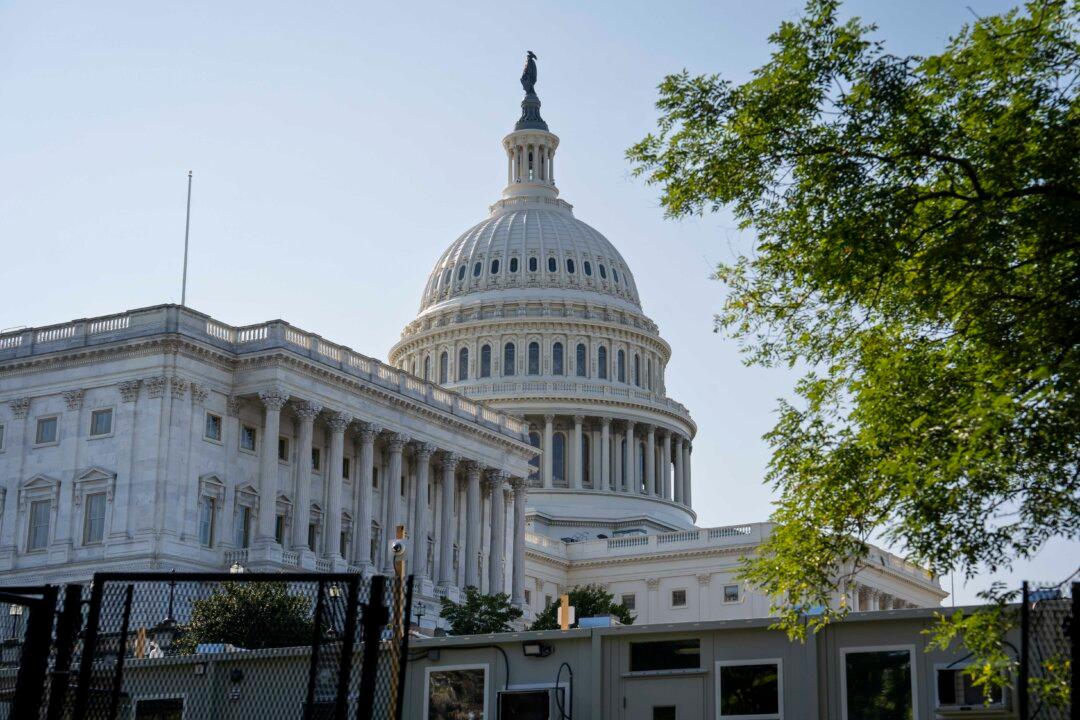After Hong Kong leader Carrie Lam announced on Sept. 4 that the government would formally withdraw an extradition bill that has ignited the city’s largest-ever protest movement, protesters and pro-democracy activists alike said they would continue to advocate for all their demands to be heard.
Protests began in March but snowballed in June and have since evolved into a push for greater democracy for the city which reverted from British to Chinese rule in 1997.
The bill would have allowed Hong Kong citizens to be sent to mainland China to face trial in the Chinese Communist Party’s opaque legal system, drawing widespread concerns that critics of the Chinese regime would be punished with impunity.
In addition to the bill’s withdrawal, protesters have demanded: an independent inquiry into the protests; fully democratic elections; dropping the government’s previous characterization of the protests as “riots”; and exonerating all protesters who have been arrested so far.
The group said that her decision came too late, only after months of mass demonstrations against the bill, “police getting out of control with their violence and triads attacking people on the streets,” referring to police use of force against protesters, and incidents of triad-affiliated groups attacking people during protests.
The group added that it would continue to advocate for all demands to be fulfilled. “Having experienced several months of cold-blooded authoritarian rule, it has made us more determined in our pursuit of universal suffrage,” CHRF stated.
Protesters held their own press conference on Wednesday evening, explaining why they will continue to demonstrate.
A representative read out a statement in English, explaining that they would “not settle for less” than the five demands, after witnessing “the evil the government has shown toward its own people.”
“Does the government honestly think that the trauma, grievances, and anguish they have caused can be so easily dismissed by two syllables?” “Withdrawal” in Chinese consists of two characters.
The city legislature’s pro-democracy camp also held a press conference to address Lam’s decision.
“Carrie Lam’s concession, the so-called concession, has come too little, too late. The damage is done, the scar, the wounds are still bleeding in Hong Kong,” said pro-democracy lawmaker Claudia Mo.
Calling Lam’s decision “a fake concession,” Wu Chi-wai, chairman of the Democratic Party, also worried that the withdrawal would pave the way for more aggressive tactics to quell protests if protesters continue to turn out after the announcement—as the government would then have a legitimate reason to clamp down.
He noted that because the government refused to withdraw the bill for so long, many protesters who came out onto the streets have suffered injuries during clashes with police.
On Wednesday evening, a group of protesters gathered in front of the Mong Kok police station, near the metro station that police stormed last weekend and began beating passengers indiscriminately in an attempt to arrest protesters.





